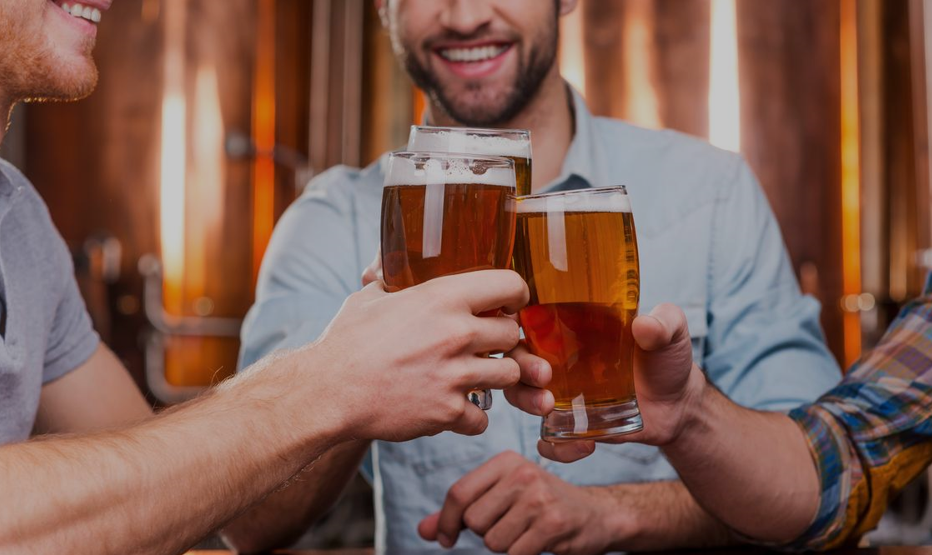By Rich
Haridy
July 26, 2022
Facebook
Twitter
Flipboard
LinkedIn

A new study confirms an association between increased
alcohol consumption and the microbiome but it was unable to identify any
specific bacterial culprits Photo credit:
Depositphotos
VIEW 1 IMAGES
"The study represents a significant advance in our
understanding of the role of gut microbiota in motivated behavior, specifically
the behavior of voluntary alcohol consumption," said Elena Giné, an author
on the new study.
The new research first looked at 507 young volunteers, each
completing a drinking behavior questionnaire and offering fecal samples for
analysis. Using a measure known as the Bristol Stool Scale, the study found a
linear relationship between alcohol consumption and a subject’s stool type.
A small number of samples were then bacterially analyzed,
comparing a group of non-drinkers to a group of heavy drinkers. In the heavy
drinkers the researchers noted an increased abundance of Actinobacteria, compared
to the non-drinkers.
The next step in the research was to study the relationship
between alcohol consumption and the microbiome in a sample of animals. It
became quickly clear that increased volumes of alcohol consumption in a rat did
alter the composition of its microbiome, but was the relationship
bi-directional? Could gut bacteria be making the animals drink more?
To test this the researchers performed a fecal transplant
from alcohol-dependent animals to a healthy control group. And incredibly, those
animals that received the alcohol-dependent fecal transplant did significantly
increase their voluntary intake of alcohol compared to a control group.
Further affirming the possible casual association, the
researchers then administered antibiotics to the alcohol-dependent animals
which subsequently led to a decrease in their alcohol consumption.
One big question this study was unable to resolve is
exactly which bacteria may be associated with these changes in alcohol
consumption. The animal investigations did verify the human findings,
associating Actinobacteria with higher levels of alcohol consumption.
However, it became relatively clear increased abundance of Actinobacteria is
a consequence of drinking more alcohol and not a causal factor in raising
consumption levels.
The most significant bacterial change detected in the
animal study was a decrease in the genus Porphyromonas. The
researchers hypothesize a kind of feed-back loop where alcohol consumption
causes a decrease in levels of Porphyromonas, which favors the growth
of other bacteria subsequently changing the overall composition of the
microbiome in a way that may, “modulate the host’s behavior to look for
alcohol.”
All of these findings are still incredibly speculative.
José Antonio López, lead author on the new study, says it is possible the
microbiome plays a role in alcohol consumption behaviors. And if this
association can be better understood then it’s plausible to assume modifying
the microbiome could be a way to help treat those experiencing alcohol-use
disorders.
"This could be done either through the use of
probiotics (bacteria), prebiotics (the food of bacteria) and/or symbiotics
(both prebiotics and probiotics)," explained José Antonio López Moreno.
The new study was published in the journal Translational
Psychiatry.
Source: Complutense University of Madrid